In this interview, Kimberly Segura’s dad explains how his childhood was in Mexico before he came to the U.S. He shares heartfelt memories and differences between the two countries in his story.
TRANSCRIPT:
Kimberly Segura: So pa, how was your life in Mexico before coming to the United States?
Emmanuel Segura: It was good, it was different, you know. everything was so different from here. The streets, the city, the houses, the people, the different language, different culture, different beliefs. So it’s definitely… it was good
KS: And would you say that Mexico is better than the United States or…
ES: Well it depends what you mean by better… Obviously U.S. there’s many more opportunities that you can enjoy. Right, a lot of more things that you are able to accomplish on the long run, but it doesn’t mean that Mexico also doesn’t have things that you can do to make your life very accommodating and comfortable, y’know? People still work, people still have businesses, they still drive. They still do what people here do, it’s just in a different place.
KS: I get you and would you say that. [little brother walked in] [silent chuckle] Would you say that, um, you regret coming to the U.S. or you wish you could stay in Mexico?
ES: I don’t regret coming to the U.S. because I was provided with opportunities that probably I wouldn’t have gotten if I stayed there, y’know? Having the chance to work, to have family, to have the things I have, right? And I’m so grateful that I have the opportunity to go back every often to visit my people over there. But yeah, I don’t regret it.
KS: And, when you were coming to the U.S. from Mexico, what were your feelings or emotions you were feeling at the moment?
ES: At the beginning I was blinded by the excitement of what it was going to be like being here. With different people, different school, different place. y’know? I was just excited to be here. I wasn’t even thinking about “Oh why are you leaving over there?” this and that. No.
KS: And how long did it take you to adjust to the U.S. from y’know, Mexico?
ES: Adjust? Well it depends because it did take a while to adjust into the language, to adjust into the different costumes that people here do. Y’know? Took me a couple of years to develop the language and to understand it fully. And [inaudible] the different seasons, different street signs, y’know. Different things people do here, sports and everything.
KS: And, could you tell me like a story of like how your life was when you were younger, or I remember you did tell me that you came to the U.S. when you were like about around my age?
ES: Yeah. I came when I was 13 years old, was born in 1990. So if I do the math right, yeah, 13. And so the stories are different. I remember I worked with my grandfather and I would go every day during the summertime to work on a little cabin that he had barely purchased. I was helping the other workers reconstruct the interior, y’know, help out with whatever I can do and he would pay about 100 pesos, which is equivalent to five bucks in U.S. currency, and I remember every week when he gave me the money, I would put it in a piggy bank and I would save it until I had about 700 pesos and went and bought myself my first bicycle. Yeah, it was worth about 700 pesos, which is equivalent to about $35 bucks. And it took me about two months to save.
KS: Two months to save? And what did you use your bike for? Like where did you go. Just school or other places?
ES: Yes, school. It was good timing because it was during summertime after the sixth grade graduation. So by the time I graduated, I was able to buy the bike and start going to middle school. It was far and it would take long for me to go walking. so it was good timing because by the time I started I already had the bike I had with the money I earned from helping my grandfather.
KS: Mm, and when you came, did you see a difference in schools, like in the school system from Mexico and the U.S. when you transferred from your old school to your new one in the U.S.?
ES: There was a lot of difference, y’know, as far as the infrastructure. The fields, right? Lots of grass in the fields, there’s track that you can run around on. Y’know and there’s basketball courts, there are nice looking and everything. And the classrooms have everything here, right. Good lighting, Air conditioning. You have nice stores, nice everything. Opposed to over there, they’re a little bit different. There’s no air conditioning in the rooms, no heater, right. There’s barely electricity, right there’s only one chalkboard that they write on, but they still learn. They still learn. They [inaudible]. You still learn there values that they teach you in different classes. Overall, things are different the way they are, but the main goal of it is still the same. Learning.
KS: Agreed. And do you still remember what you learned or did you forget?
ES: Uh yeah, one of the things I do remember is a couple of history classes that I had. I also had drawing classes and they taught us how to draw circles with compasses and with our ruler how to draw straight lines, but yeah I still do have memories about those classes.
KS: Mm. And… hm… what was your first job here?
ES: My first job was unofficial because I was just helping out in weekends for like two or three hours. My cousin’s husband owned a restaurant. I’d go two or three hours Saturday and Sunday. Y’know, just to help out, clean the tables, mop, whatever, and y’know. He would pay me a couple of, $20-50 bucks for the day. And with that money I was able to buy my things here, shoes, blah blah blah. Y’know things I wanted to get. And my first official job was at McDonald’s in my senior year in high school.
KS: Mm, and how much did you earn at McDonald’s?
ES: McDonald’s? My check every two weeks was about $150 bucks. I brought my first PSP (PlayStation Portable) with it and I brought myself some air forces and a nice little jacket. Y’know, I was able to get my things little by little. Obviously not that expensive but at least the things that, at the time, I saw as valuable to me.
KS: And… Yeah. I think that’s it. I also do have one more question. Do you think that you’re life would’ve been different if you would’ve stayed in Mexico or how do you think your life would’ve been there?
ES: You know, I always had that question in my head. What would’ve happened if I had stayed there. My brothers are still there so they have their children, they have their families, they have their homes. They have the things they do over there so I think I might be in the same boat as them, y’know? Having a family, maybe work somewhere and have a home. And work for your people. Work for yourself. Be responsible and work everyday.
KS: Okay. thank you pa. And yeah that’s it.
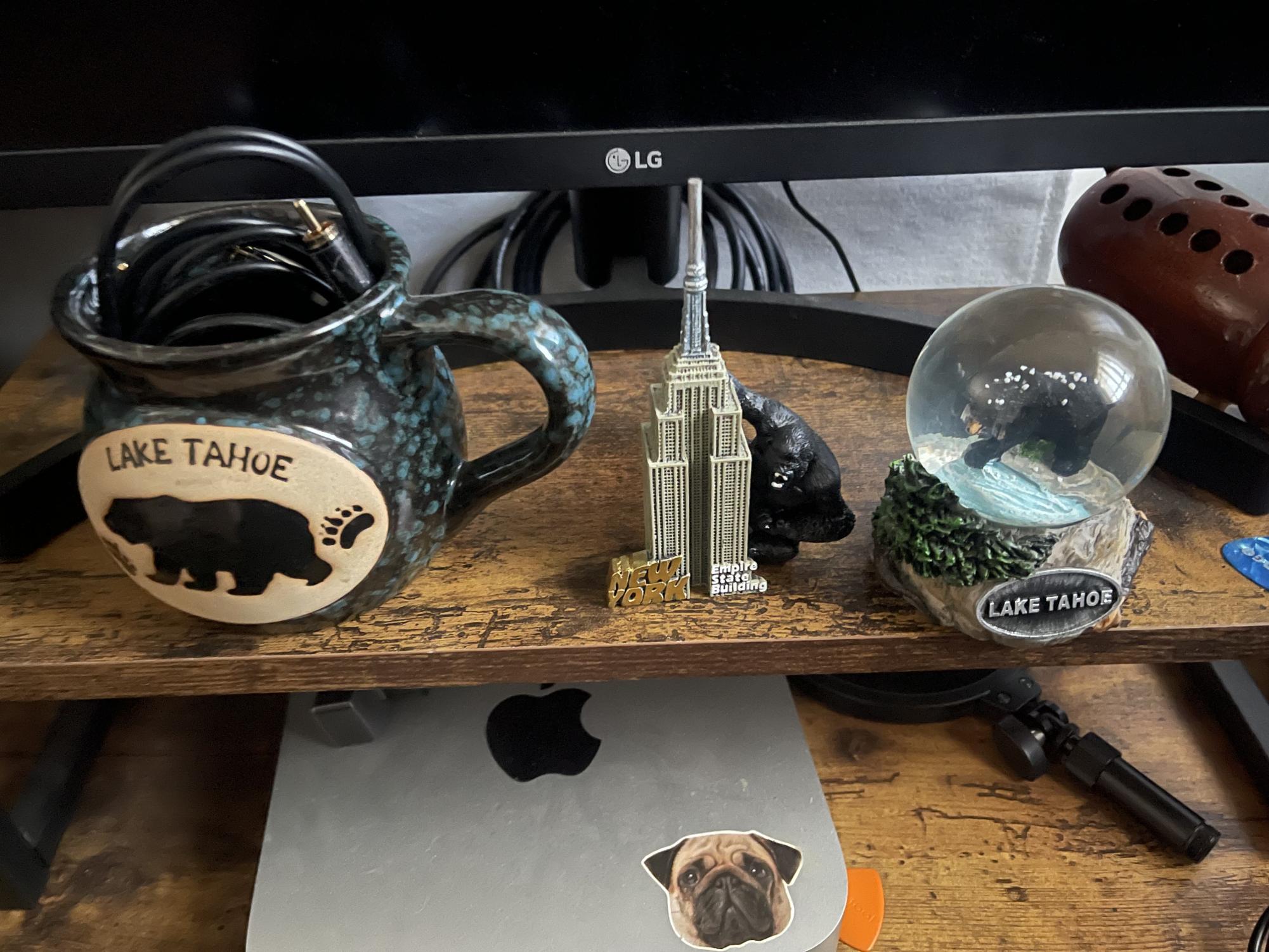
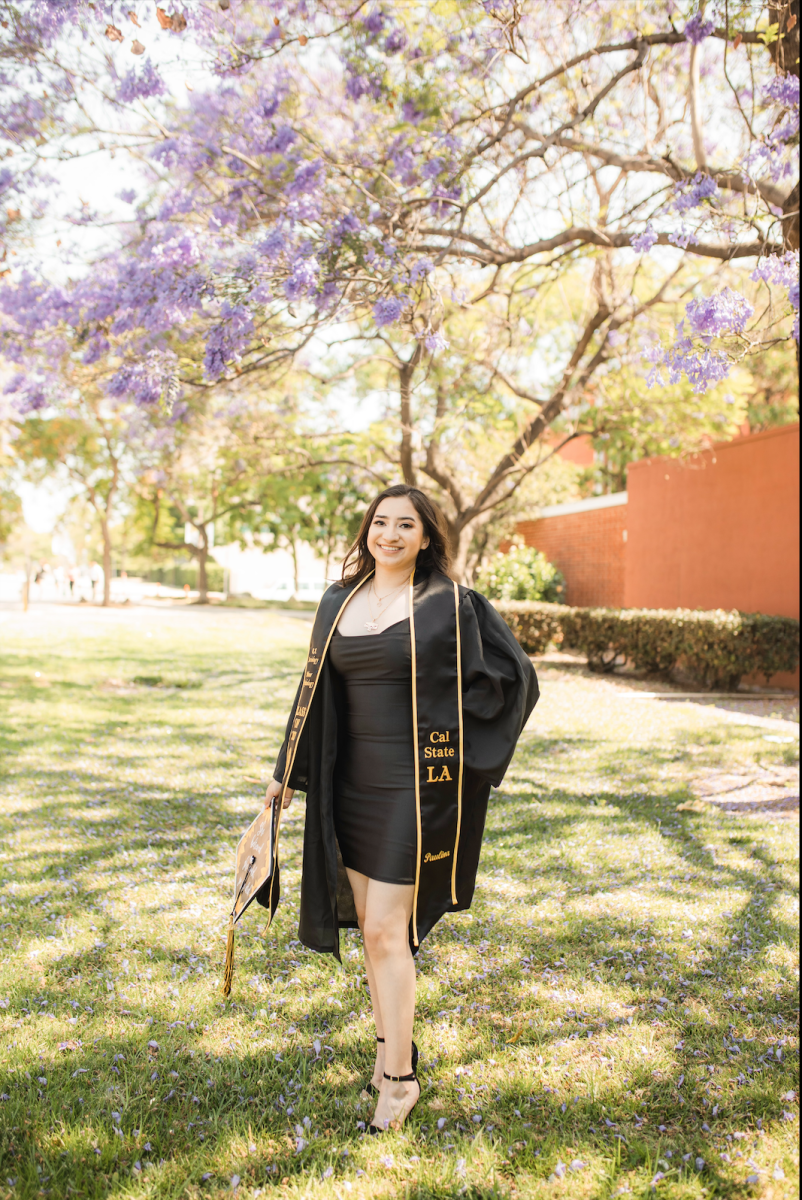
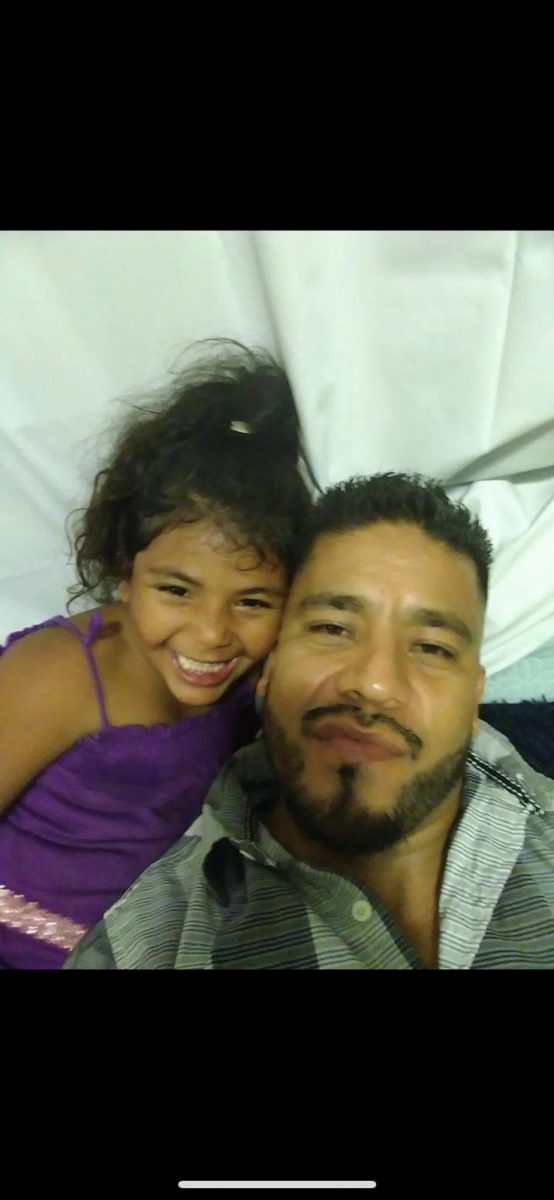
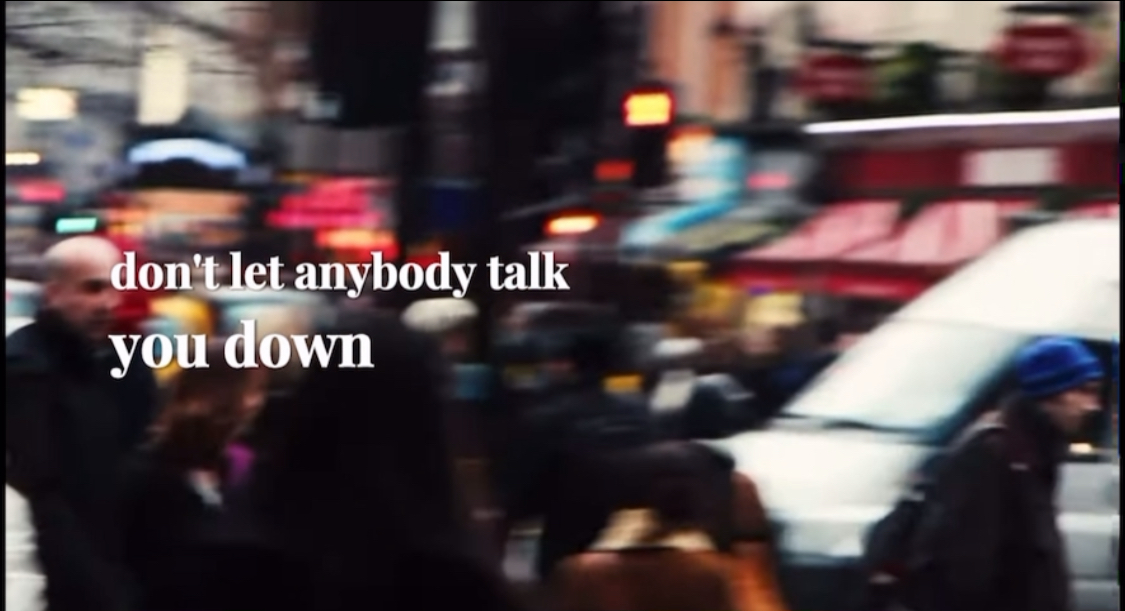

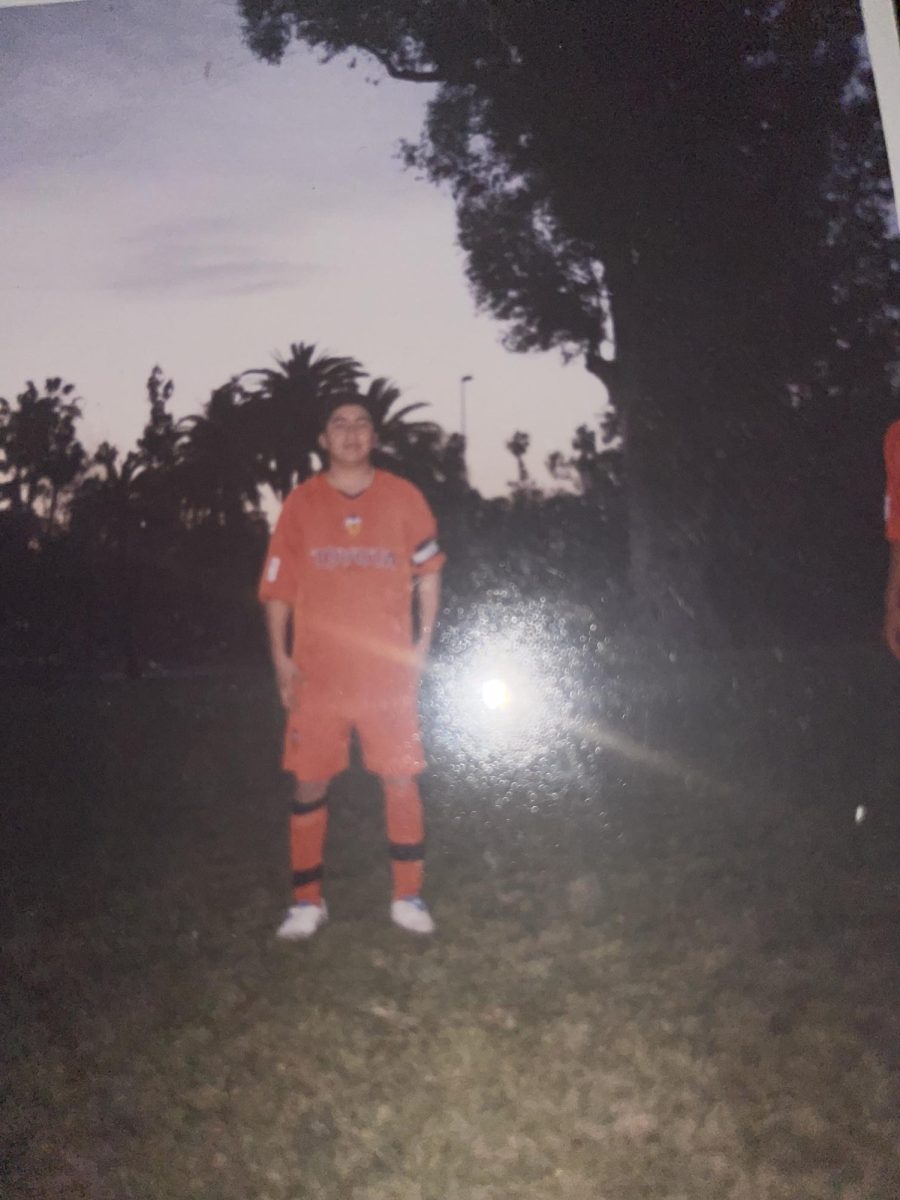
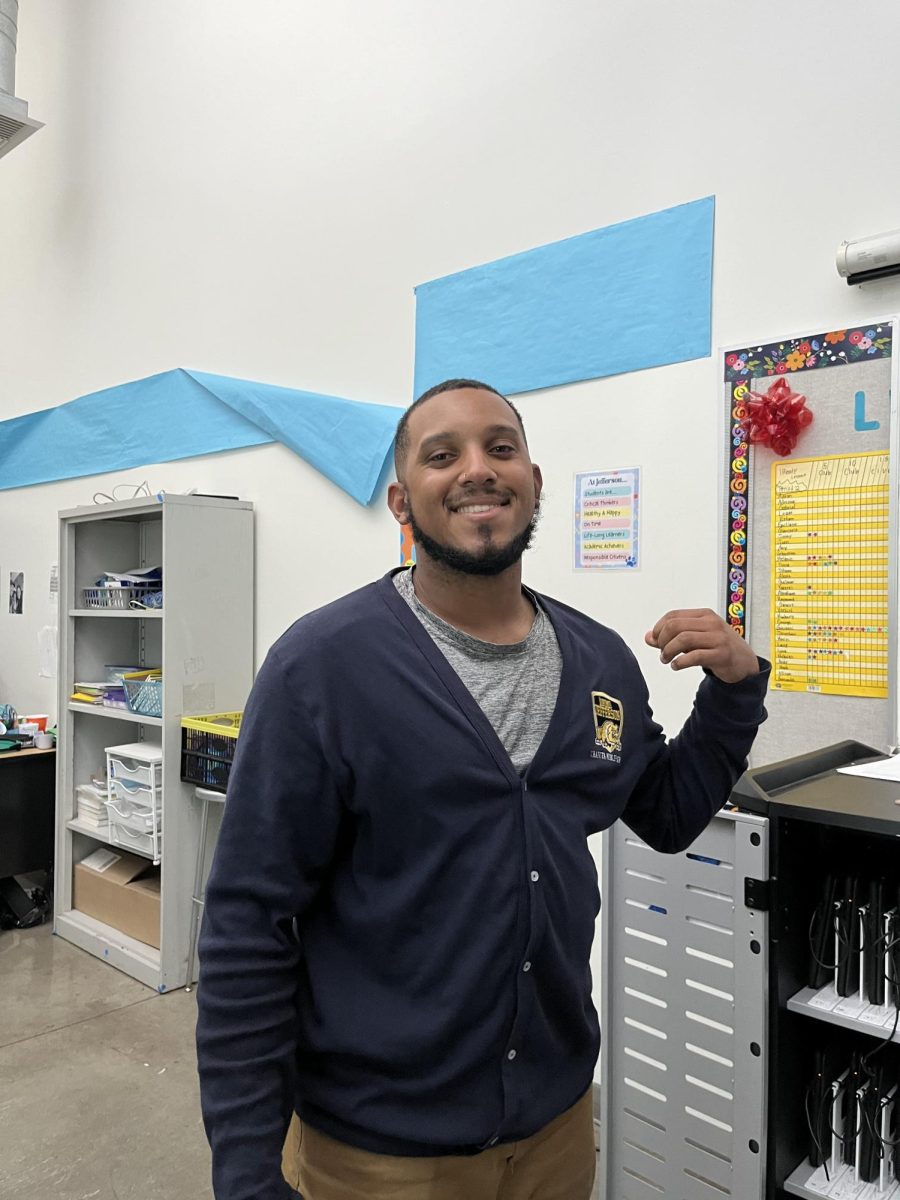
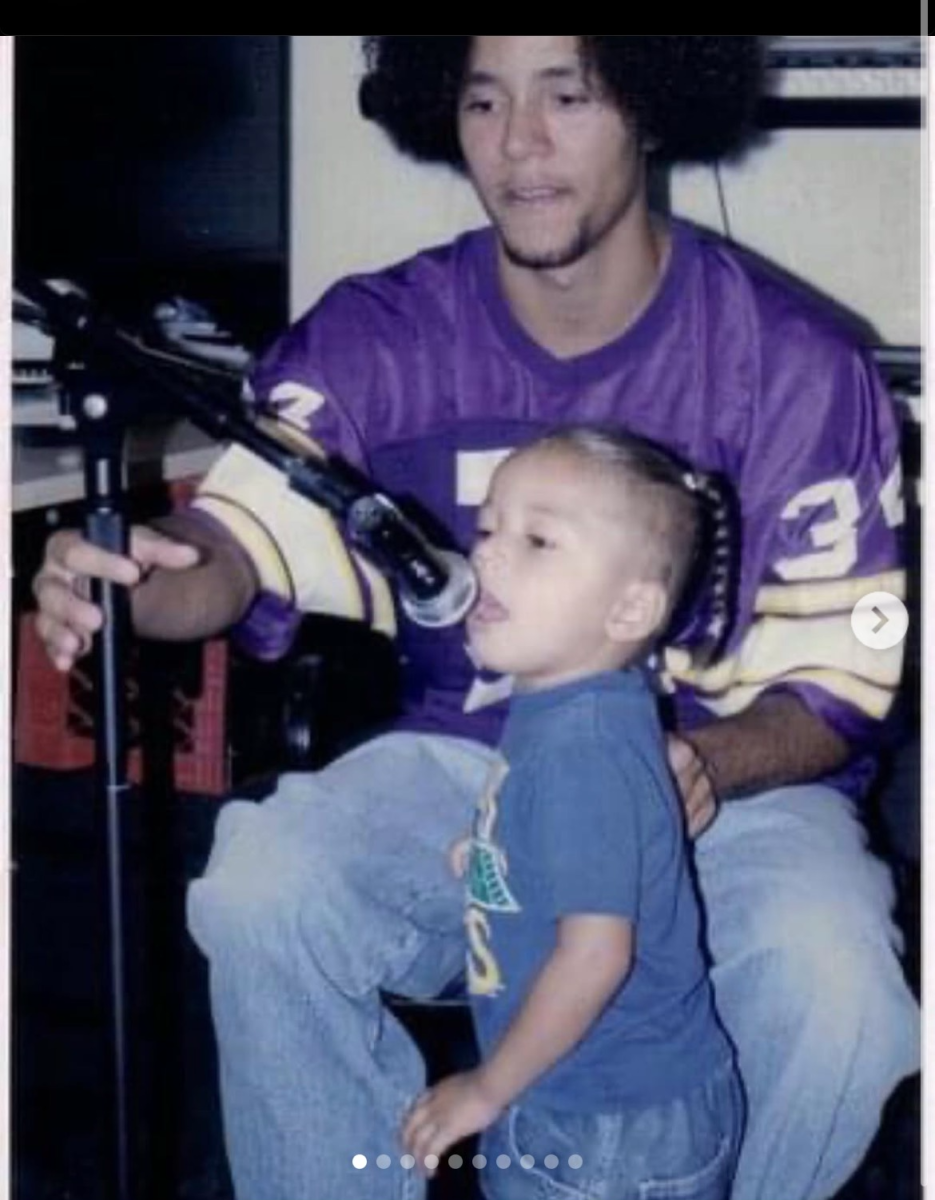
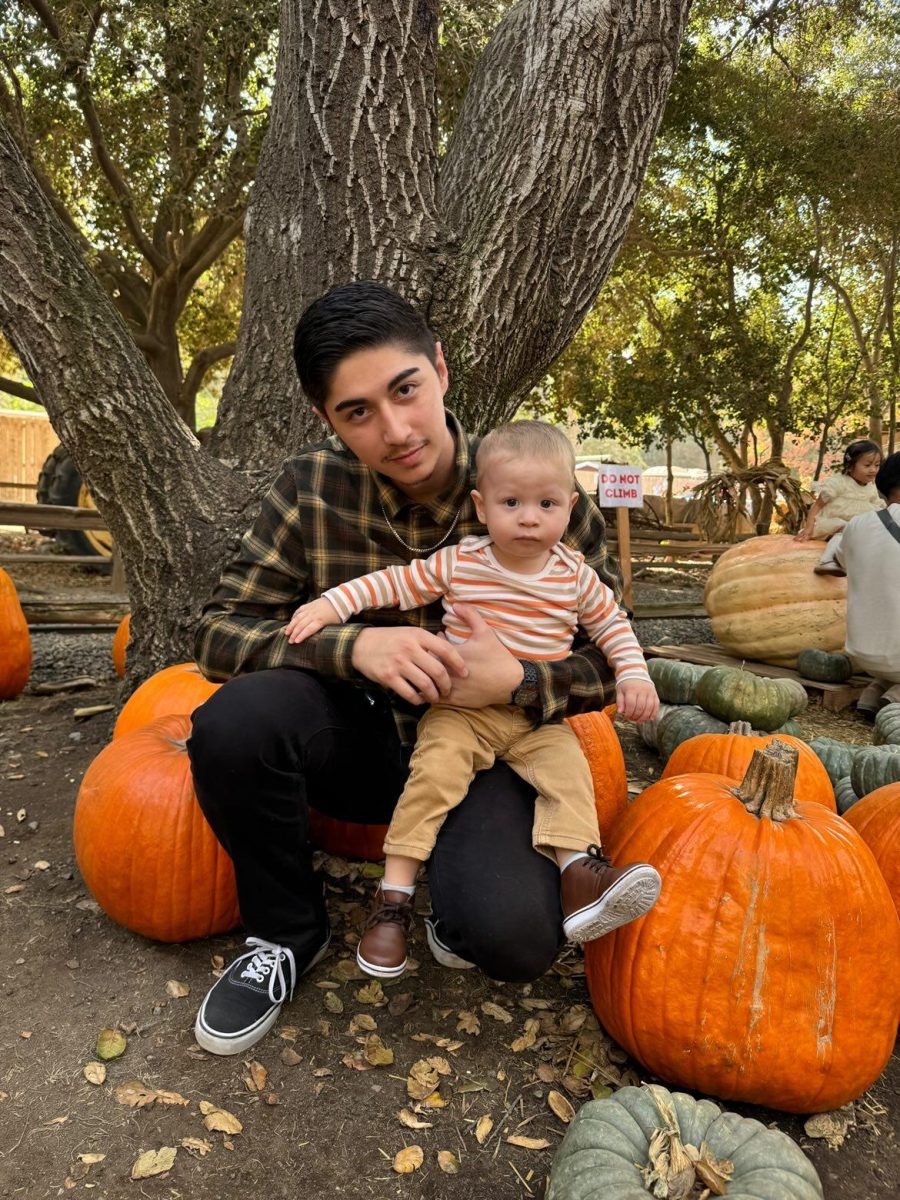
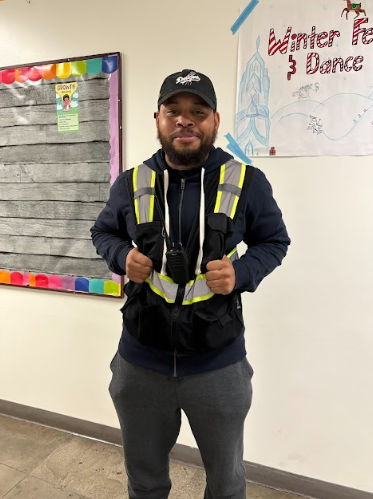
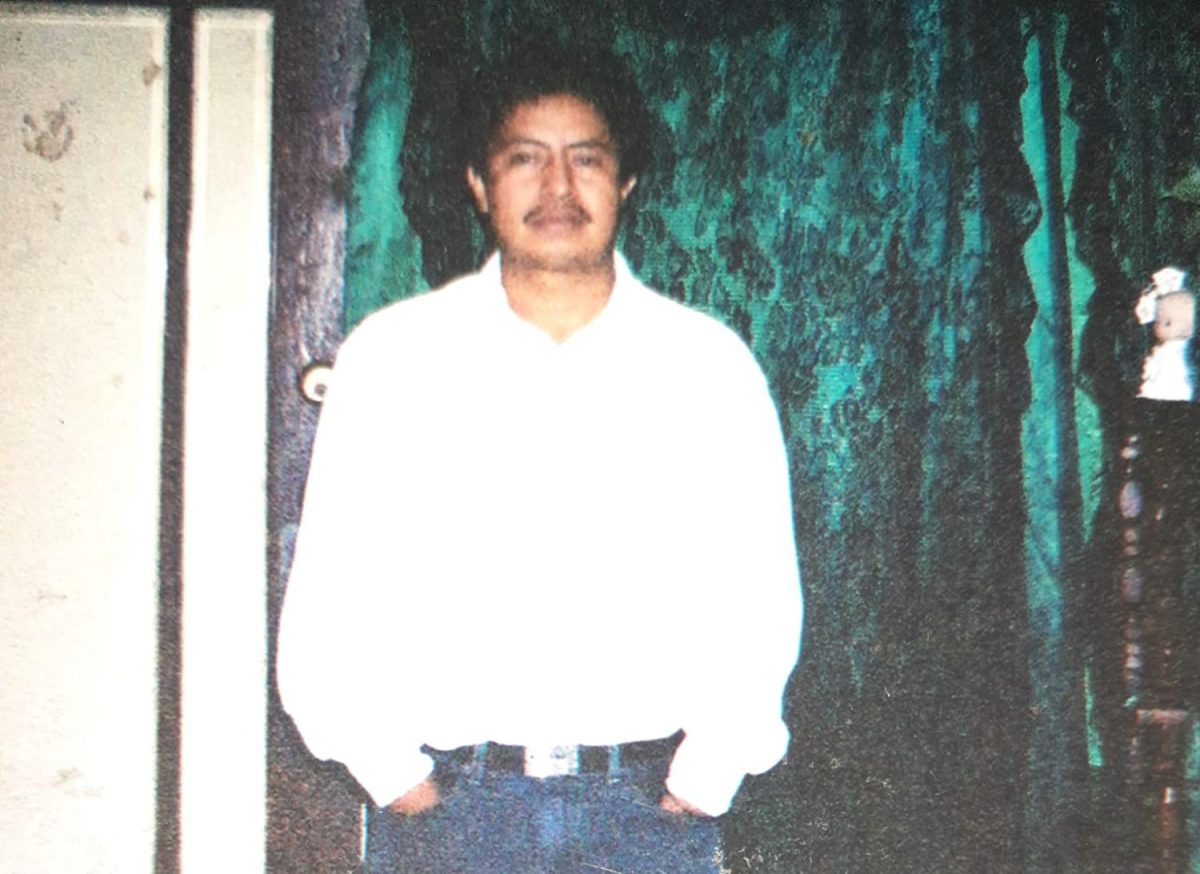

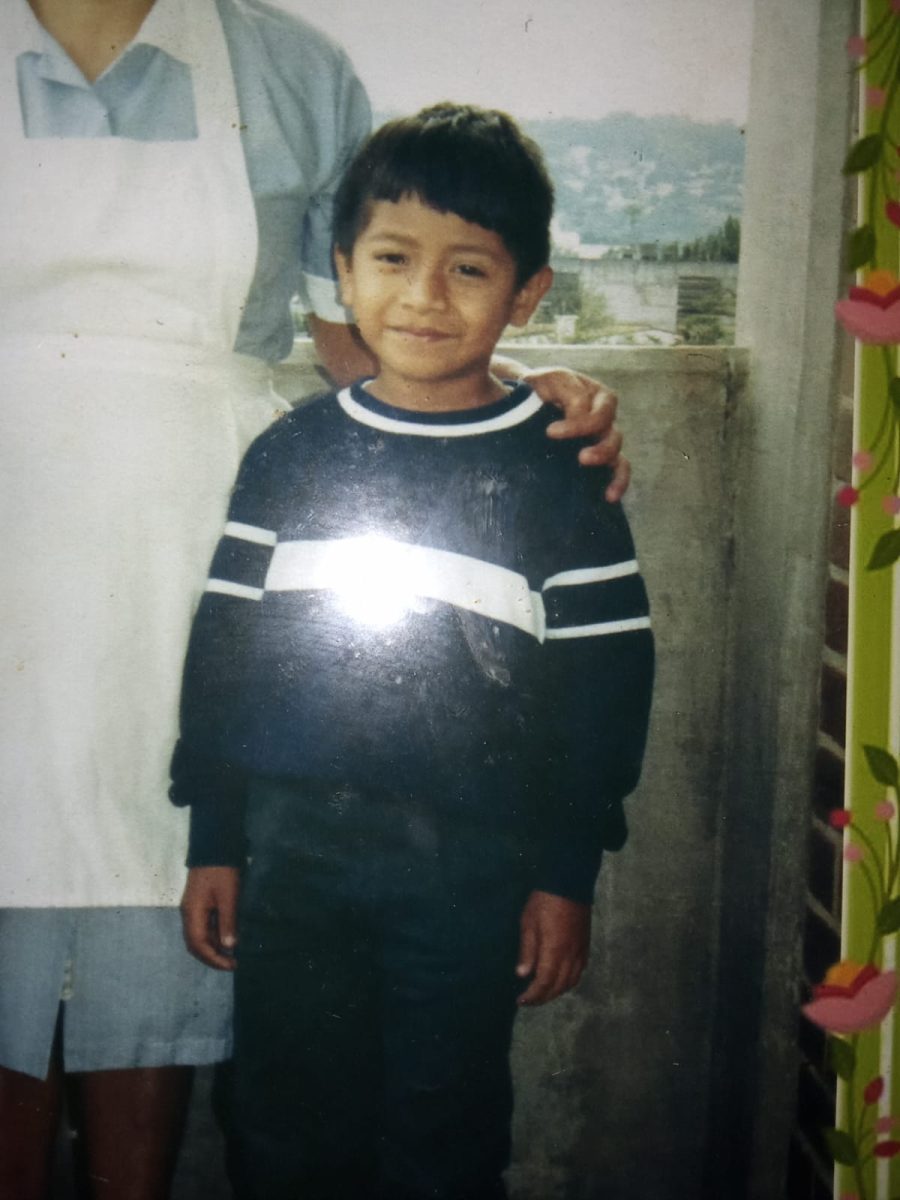
sebastian • Oct 1, 2025 at 8:44 am
This was nice as he was able to adjust even with many things like a different language and another type of money.
kate • Nov 29, 2024 at 10:08 pm
W father